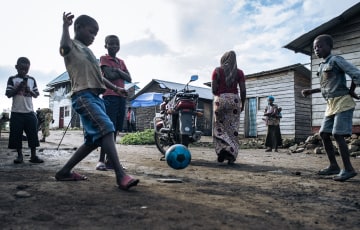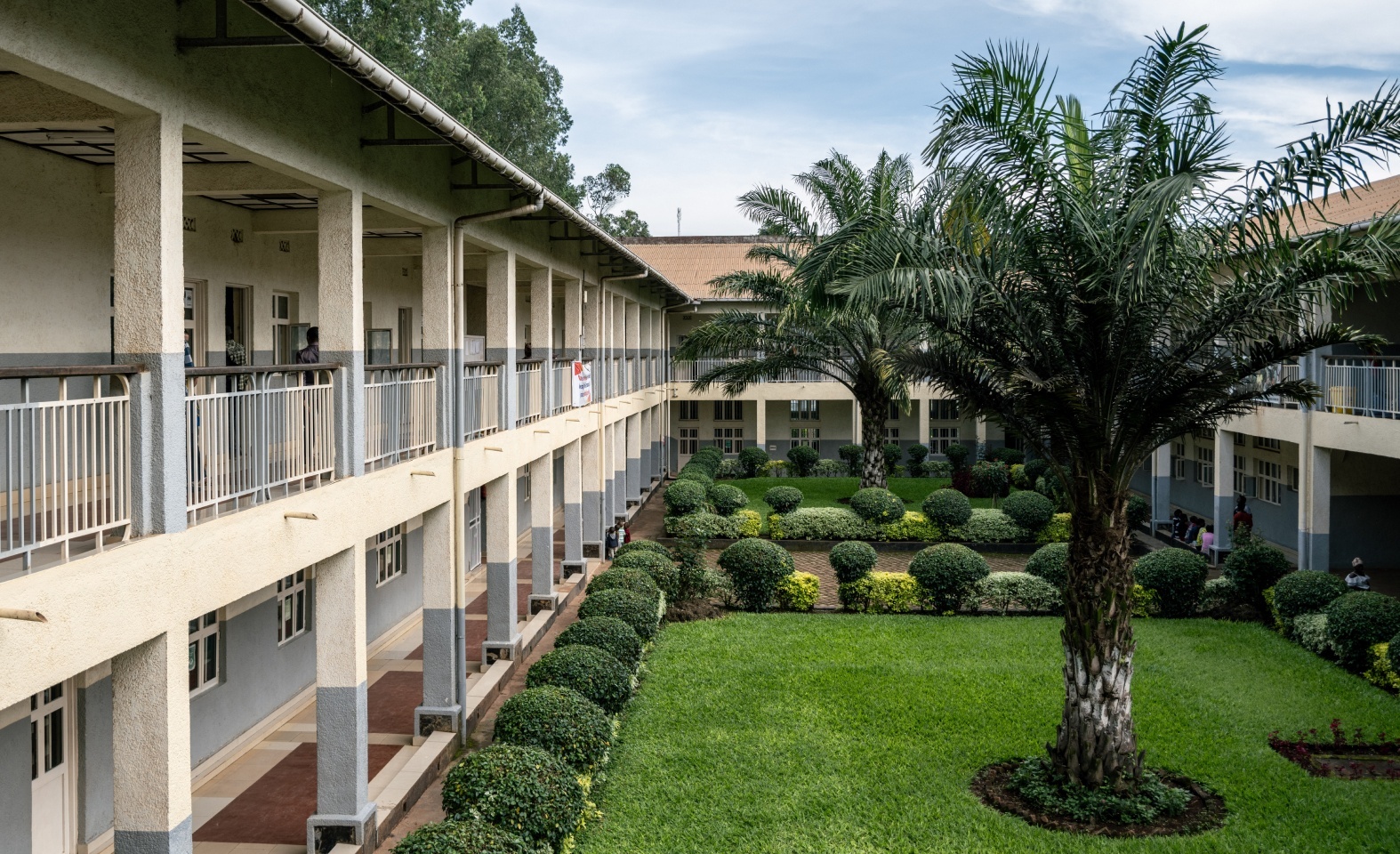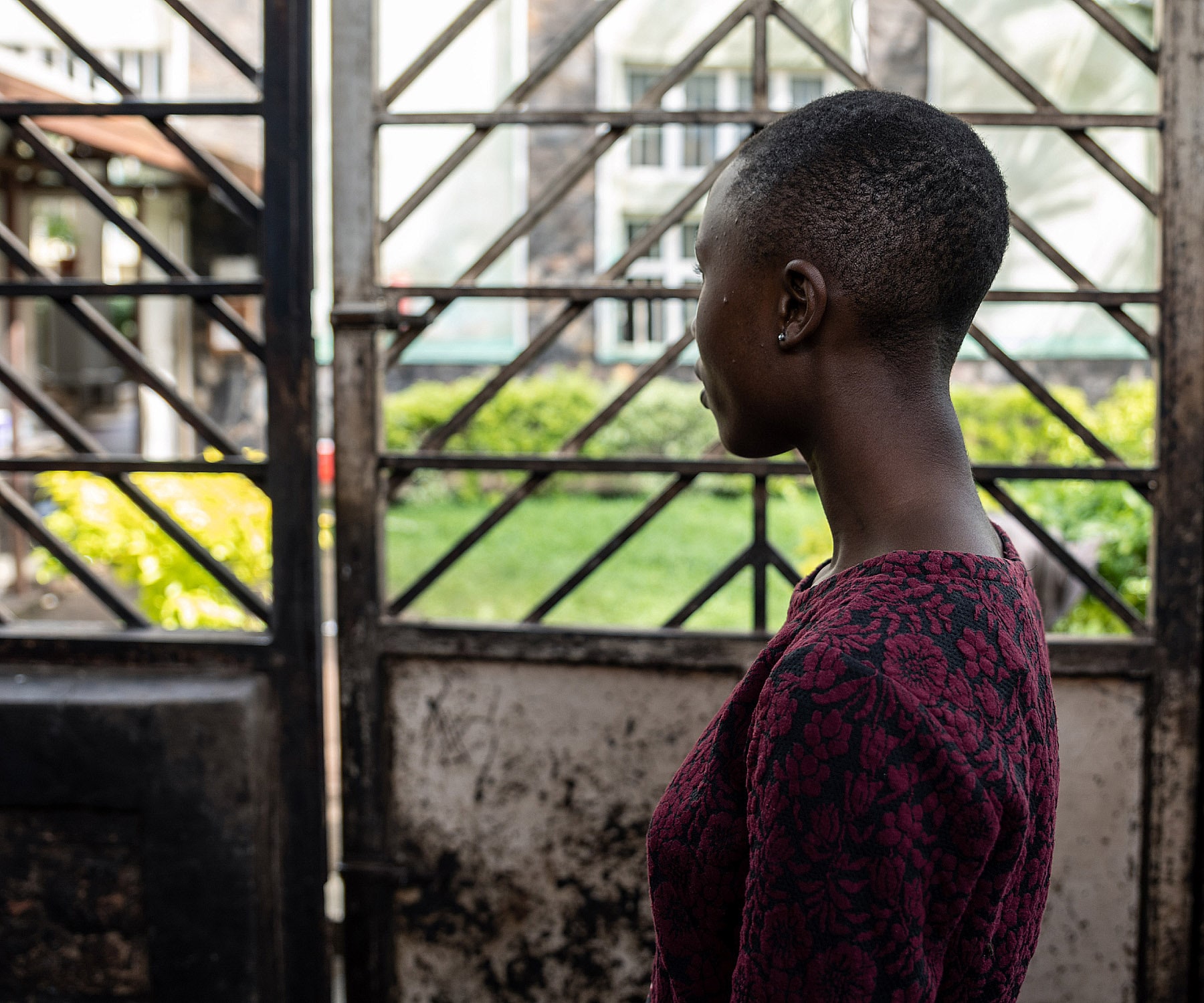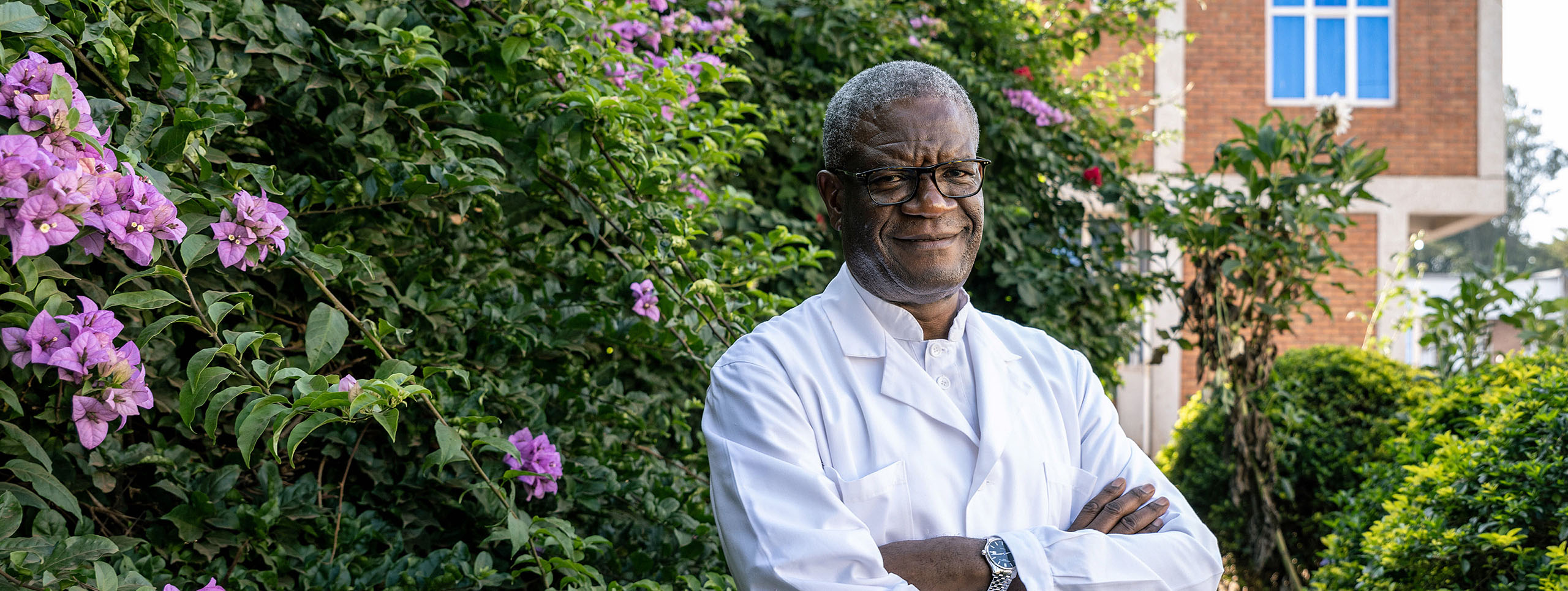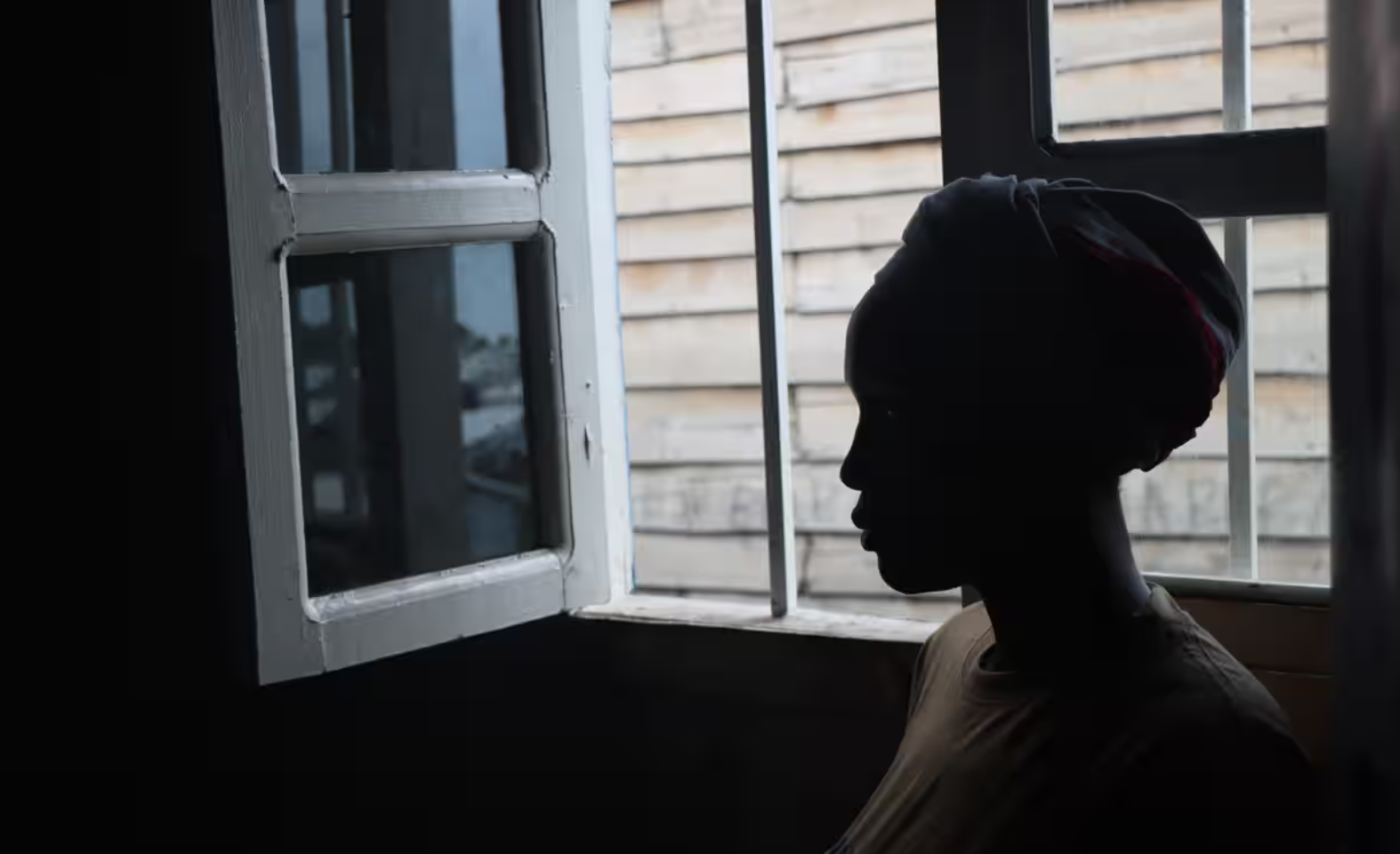On this day of Genocost, which means “genocide for economic gain,” our thoughts go out to all the direct and indirect victims of countless crimes committed over decades for economic and geostrategic interests. These atrocities, which defy the imagination and should deeply shock the human conscience, have been perpetrated since the mid-1990s in the Democratic Republic of Congo (DRC) in a prevailing climate of impunity and disturbing indifference on the part of the international community.
Indeed, the globalized economic system is largely based on the mining resources and natural wealth that abound in the DRC, and which are essential to the economic growth of the major powers and the corporate world. As a result, the political and security instability that the Congolese people are enduring is being maintained to satisfy the world market’s need for raw materials, while leaving our population and communities battered and traumatized in a state of unacceptable poverty.
It’s time to put an end to the paradox of abundance in the DRC and to the Congolese tragedy. While several generations of Congolese have already been sacrificed for the automobile and communication revolution, are we still going to accept that future generations be subjugated and annihilated so that the economically developed world can move forward at low cost towards a so-called “green” energy transition, but in truth “red” with the blood of Congolese women and children?
There is an urgent need to put an end to the illicit extraction of and trade in mining resources, and to the culture of impunity which, together with the absence of a respectable and respected Congolese leadership, are the main underlying causes of the recurrence of conflicts and the repetition of the most serious crimes.
It is against this backdrop that we welcome the fact that, in December 2022, the Congolese legislature recognized August 2 as the day commemorating the Congolese genocide, following lengthy lobbying by civil society organizations.
It should be noted that in most situations, the recognition of a day of remembrance comes once the guns have fallen silent, and when a Nation is rebuilding itself after a period of conflict. This is not the case in the DRC, despite the 2003 Sun City Peace Agreement, which planted the seeds for the worsening and prolongation of the Congolese tragedy. Indeed, attacks on national sovereignty and territorial integrity and wars of aggression and occupation have been going on for over a quarter of a century, and armed violence and mass atrocities continue to characterize the daily lives of millions of compatriots who are experiencing an unprecedented humanitarian crisis, particularly in North Kivu and Ituri.
This recognition of Genocost Day, which recalls the start of the deadliest armed conflict since the 2nd World War, when on August 2, 1998 Rwanda and their supporters of the Rassemblement Congolais pour la Démocratie (RCD) invaded our territory, must be accompanied by strong political will and concrete action to put an end to the plundering of our raw materials, and to guarantee the victims’ rights to justice, truth, reparations and guarantees of non-repetition of international crimes.
However, despite the resources allocated and the efforts made to build a new “narrative,” we have come to the bitter realization that this political will is sorely lacking within the current administration, which continues a policy of predation and selling off our resources and outsourcing security to countries that are the main actors of instability and pillage, leaving our population destitute and abandoned to itself.
So, it’s not just on August 2 that we must commemorate our dead and the plundering of the country’s wealth, but every day of the year, because Genocost, far from being a day of remembrance for a scandal and a tragedy of the past, continues every day! As long as the political will is lacking to ensure sound mineral management based on sustainability and the well-being of the population, to thoroughly reform our defense, security and intelligence services, to build a rule of law guaranteeing both physical and legal security, and to enable democratic and credible elections respecting popular sovereignty, a corrupt politico-military elite acting in collusion with destabilizing neighboring countries supported by certain powers and profit-hungry multinationals will continue to enrich themselves, while the overwhelming majority of our population will continue to languish in suffering and poverty.
We urgently need to change course! Like all peoples, the Congolese nation has the right to control its own resources and to live in peace, free from foreign interference. International law and justice must apply equally everywhere. All levels of responsibility – national, regional and international – must be established, and Rwanda and Uganda must be held to account for their repeated acts of aggression and their leading roles in the plundering and commission of the most serious crimes in the DRC. The Congolese people are also entitled to their own Nuremberg, and we call for the creation without further delay of an International Criminal Tribunal for the DRC and specialized mixed chambers as part of efforts to implement all the tools of transitional justice in order to halt the spiral of violence and impunity.
It is only under these conditions that the countries of the Great Lakes region will be able to reconcile and live together peacefully, and that the DRC will be able to honor its dead with dignity, heal its wounds and, together with future generations, build a nation free from exploitation, suffering, humiliation and injustice.
Denis Mukwege
Nobel Peace Prize 2018



